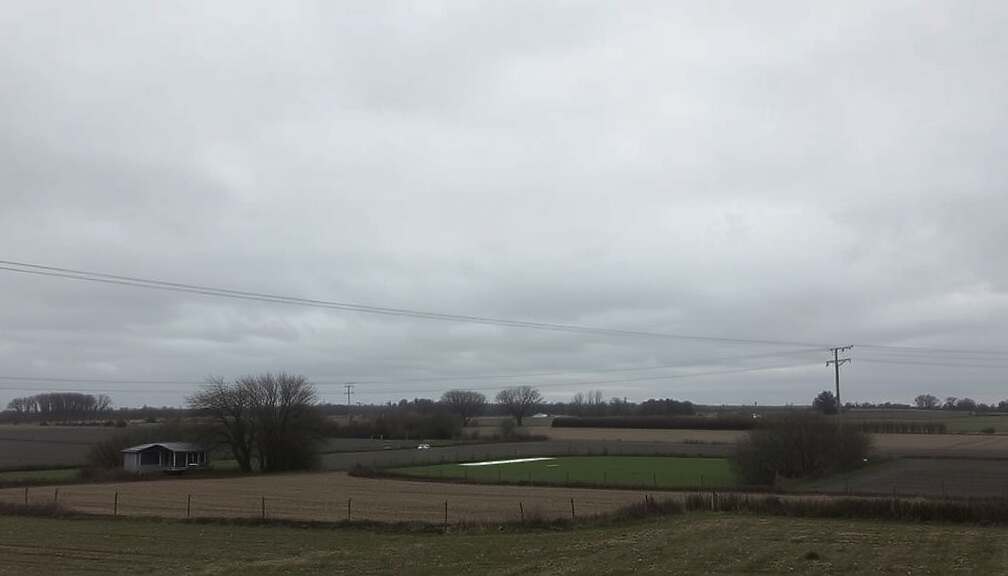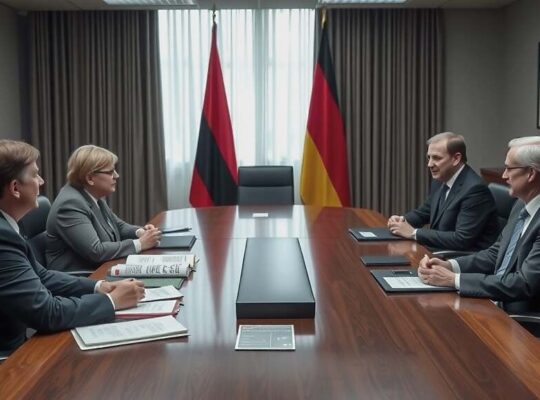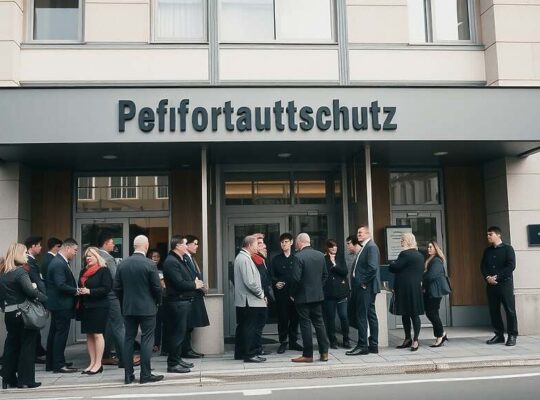German grid stability chief Klaus Müller has downplayed the likelihood of a widespread blackout in Germany mirroring the severe disruption experienced on the Iberian Peninsula earlier this year, while simultaneously highlighting the critical need for substantial investments in natural gas power generation to ensure energy security. Speaking to Funke-Mediengruppe newspapers, Müller emphasized Germany’s distinct geographical advantages – a more interconnected grid extending to neighboring countries – and the ongoing development of a power strategy that integrates renewable energy sources with conventional power plants and flexible capacity.
While the precise causes of the April blackout in Spain remain under investigation, with authorities ruling out foul play, the incident has prompted a renewed focus on grid resilience across Europe. Müller’s reassurance comes as the German government and the Bundesnetzagentur grapple with ambitious decarbonization targets- aiming for climate neutrality by 2045- amid a complex transition away from fossil fuels.
However, Müller’s comments are not without nuance. He acknowledged the inherent challenge of relying heavily on intermittent renewable sources, warning of periods- “dark doldrums”- where wind and solar power are unavailable. To mitigate this risk, he stated a critical need for the construction of 8 gigawatts of new natural gas power plants by 2031.
This position is likely to spark debate. While proponents argue that gas power is essential for bridging the gap to a fully renewable future and ensuring grid stability, critics contend that doubling down on natural gas infrastructure clashes with Germany’s long-term climate goals and potentially locks the nation into continued reliance on fossil fuels. The assertion highlights an underlying tension between the imperative for immediate energy security and the longer-term commitment to a sustainable energy transition, raising questions about the political compromises needed to achieve both. The scale of investment required and the potential political fallout are certain to intensify scrutiny of Germany’s energy policy trajectory.












